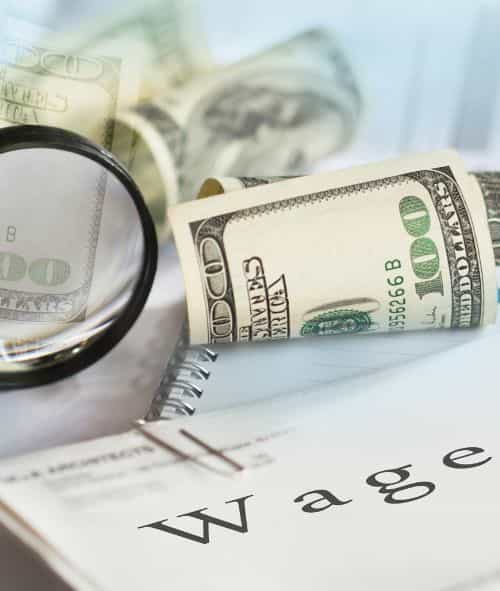![Image section]()
How To Check Your Balance?
If you’re wondering how much longer your earnings can be garnished, you can calculate your remaining balance in any of the following ways:
-
Review the writ of garnishment and subtract the amount you’ve paid so far from the total amount owed.
-
If you don’t have a copy of the writ, you can request a new document from the court clerk or your employer.
-
Some states require lenders to provide you with a periodic reporting of the amount garnished.
-
If your state does not require reporting, you can petition the court for an accounting.
-
Ask your creditor about the remaining balance.
Which Creditors Can Garnish Wages?
Although most creditors can garnish your check, some must file a lawsuit and receive a judgment and court order before they can garnish your wages. A creditor for the following types of debt can garnish your wages without a court order:
-
Government student loan payments
-
Unpaid child support and alimony
-
Back taxes
The Reasons for That
Your wages can be garnished for student loans, domestic support payments, and back taxes without a court order because the debt is owed to government agencies that can issue their own garnishment orders.
If your creditors are garnishing your paycheck or threatening to start, call or text DebtStoppers today to schedule your free consultation with one of our practiced bankruptcy lawyers. We can help you avoid wage garnishments and stop struggling under the weight of your debts.
DebtStoppers is proud to be one of the few law firms in the U.S. that offers $0-upfront Chapter 7 representation. Call or text us to set up a free consultation with an experienced bankruptcy lawyer near you.


